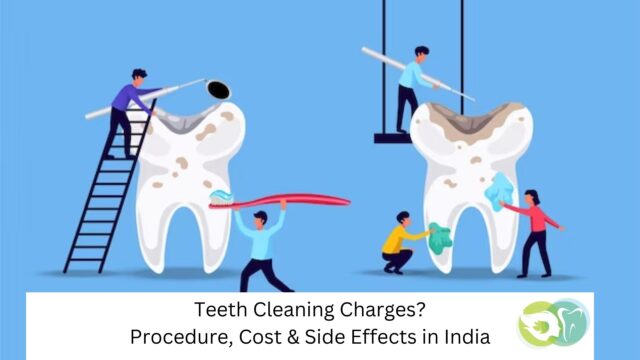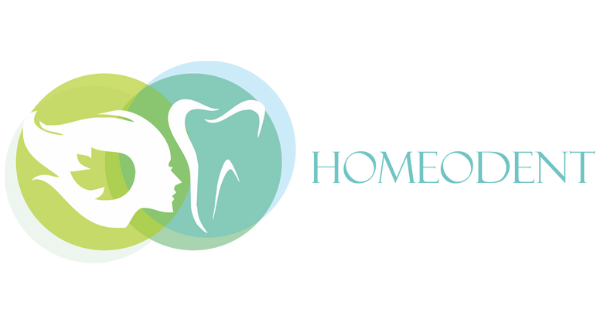
Teeth cleaning cost without insurance is an essential aspect of maintaining good oral health. Regular cleaning keeps your teeth and gums healthy and prevents dental issues in the long run. However, many often question teeth cleaning charges, the procedure involved, and potential side effects. In this article, we will discuss all these aspects in detail to help you understand the importance of teeth cleaning and make informed decisions regarding oral hygiene.
Importance of Teeth Cleaning
Proper oral hygiene is crucial for overall well-being, and teeth cleaning plays a significant role in maintaining it. Over time, plaque and tartar accumulate on the teeth, leading to dental problems such as cavities, gum disease, and bad breath. Regular brushing and flossing can remove some of the buildup, but professional teeth cleaning is necessary to eliminate stubborn deposits and reach areas that are difficult to clean at home.
Regular teeth cleaning not only enhances the appearance of your smile but also improves your oral health. It reduces the risk of tooth decay, gum disease, and tooth loss. Also, clean teeth and gums contribute to better overall health, as poor oral hygiene has been linked to systemic conditions like cardiovascular disease and diabetes.
The procedure of Teeth Cleaning Cost Without Insurance
Teeth cleaning typically involves three main steps: scaling, polishing, and fluoride treatment. Let’s take a closer look at each of these steps:
Scaling
Scaling is the initial step in the teeth-cleaning process. It involves the removal of plaque and tartar from the tooth surfaces using specialized tools. The dental hygienist or dentist carefully scales the teeth, focusing on areas where buildup is more significant, such as the gumline and between the teeth. Scaling is a non-invasive procedure that may cause slight discomfort or sensitivity but is generally well-tolerated.
Polishing
After scaling, the dental professional uses gritty toothpaste and a rotating brush to polish the teeth. This step helps remove surface stains and leaves the teeth smooth and shiny. Polishing also makes it harder for plaque to accumulate on the tooth surfaces. It is a quick and painless procedure that enhances the appearance of your smile.
Fluoride Treatment
The final step in teeth cleaning involves the application of fluoride gel or foam on the teeth. Fluoride is a mineral that helps strengthen the enamel and protects against tooth decay. The fluoride treatment is usually done using a tray or applying the gel directly to the teeth. It is a preventive measure that helps maintain the health of your teeth until your next dental visit.
Cost of Teeth Cleaning Cost in India
The cost of teeth cleaning in India can vary based on several factors, including the location, dental clinic, expertise of the dental professional, and the extent of cleaning required. Generally, teeth cleaning charges in India are relatively affordable compared to many other countries, making it an attractive option for domestic and international patients.
The range of charges for teeth cleaning in India can be anywhere between INR 500 to INR 3,000 ($7 to $40), depending on the factors mentioned earlier.
It is important to note that additional treatments, such as deep cleaning or periodontal therapy, may incur higher costs. These treatments are necessary for individuals with advanced gum disease or extensive plaque and tartar buildup.
When comparing teeth cleaning costs in India with other countries, you’ll find it significantly more affordable. In countries like the United States or the United Kingdom, the charges for teeth cleaning can range from $75 to $200 or more. This cost difference has made dental tourism a popular option, with many people traveling to India to avail themselves of quality dental services at a fraction of the cost.
Side Effects of Teeth Cleaning
While teeth cleaning is generally safe, there are a few potential side effects that some individuals may experience. Awareness of these side effects is essential to ensure proper post-treatment care. The common side effects of teeth cleaning include:
Sensitivity
After teeth cleaning, some people may experience temporary tooth sensitivity to hot or cold temperatures. This sensitivity occurs due to removing plaque and tartar, which exposes the sensitive underlying layers of the teeth. However, the sensitivity usually subsides within a few days.
Gum Irritation
During teeth cleaning, the gums may become slightly irritated or inflamed. This can cause some discomfort or tenderness, especially if the gums were already inflamed due to gum disease. However, proper oral hygiene practices and gentle brushing can alleviate these symptoms.
Discomfort
Some individuals may experience mild discomfort or soreness in the jaw or mouth following teeth cleaning. If necessary, this discomfort is typically temporary and can be managed with over-the-counter pain relievers. If the discomfort persists or becomes severe, it is advisable to consult your dentist.
Tips for Reducing Teeth Cleaning without insurance
If you are concerned about the cost of teeth cleaning, here are a few tips that can help you reduce the expenses while maintaining good oral hygiene:
Practice regular oral hygiene: Brush your teeth at least twice daily and floss daily to prevent excessive plaque and tartar buildup, reducing the need for frequent professional cleaning.
Visit a dental college or clinic: Dental schools and clinics often offer discounted rates for dental treatments, including teeth cleaning, as experienced dental professionals supervise them.
Check for dental insurance coverage: If you have dental insurance, review your policy to understand the coverage for teeth cleaning. Utilize your benefits to minimize out-of-pocket expenses.
Consider dental discount plans: Dental discount plans can provide significant savings on various dental treatments, including teeth cleaning. Research and compare different plans to find the most suitable one for you.
Maintain regular dental check-ups: By scheduling routine dental check-ups, your dentist can identify and address any oral health issues early, reducing the need for extensive treatments and associated costs.
Conclusion
Teeth cleaning is a vital aspect of maintaining optimal oral health. It helps prevent dental problems, enhances the appearance of your smile, and contributes to overall well-being. In India, teeth cleaning is relatively affordable compared to other countries, making it an attractive option for individuals seeking quality dental care. While there may be some temporary side effects, such as sensitivity or gum irritation, these can be managed with proper care. You can maintain healthy teeth and gums without breaking the bank by following good oral hygiene practices and exploring cost-saving options.
FAQs
-
How often should I get my teeth professionally cleaned?
It is generally recommended to get your teeth professionally cleaned every six months. However, the frequency may vary based on individual dental needs. Your dentist can provide personalized recommendations.
-
Is teeth cleaning painful?
Teeth cleaning is usually a painless procedure. However, some individuals may experience slight discomfort or sensitivity during and after cleaning. If you have sensitive teeth or gum disease, inform your dentist beforehand so they can take appropriate measures to ensure your comfort.
-
How long does a teeth cleaning appointment take?
The duration of a teeth cleaning appointment can vary depending on the individual’s oral health and the amount of plaque and tartar buildup. A typical teeth cleaning session lasts between 30 minutes to an hour. If additional treatments are required, the appointment may take longer.
-
Can I whiten my teeth immediately after a cleaning?
It is generally recommended to wait two weeks after teeth cleaning before pursuing teeth whitening treatments. This allows your teeth and gums to stabilize after the cleaning process. Consult with your dentist to determine the appropriate timing for teeth whitening based on your specific situation.
Please do not hesitate to contact us to schedule an appointment if you have any inquiries or concerns.
